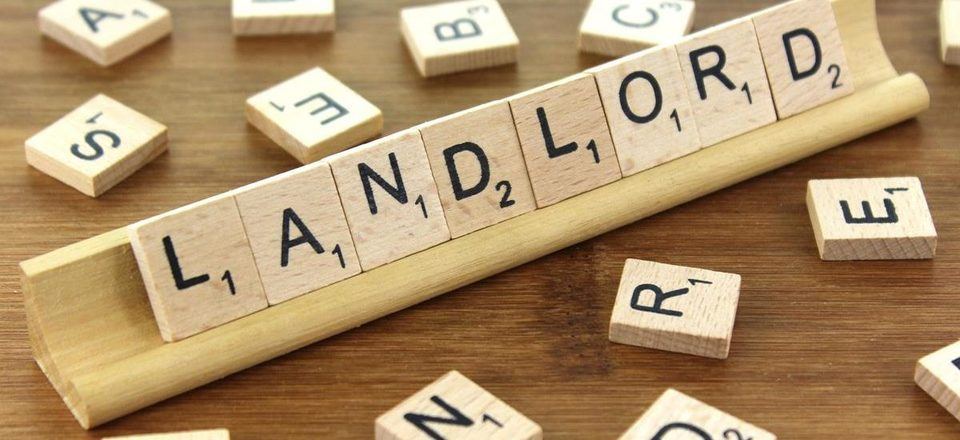Some 52% of landlords purchased properties with cash in 2020, the lowest figure on record.
The share of buy-to-lets bought with cash peaked at 62% in 2017, but the proportion has fallen every year since, research from Hamptons found.
The rise in investors using a mortgage was attributed to first-time landlords taking advantage of the stamp duty holiday, as only half (50%) of investor purchases used cash in the second half of 2020.
Aneisha Beveridge, head of research at Hamptons, said: “While investor purchases remain low compared with pre-2016 levels, the stamp duty holiday has tempted more small and first-time landlords back into buy-to-let, reversing a shift towards portfolio investors.
“Most of these new entrants are relying on a mortgage to fund their purchase, despite the changes to mortgage interest tax relief eating into the profitability of the sector for some.
“Since 2016 the rental sector has been buffeted by tax and regulatory changes, resulting in 250,000 fewer rental homes in England since the sector’s peak in 2017.
“But record-low interest rates on cash in the bank combined with the lure of a stamp duty holiday has enticed a new generation of investor, many of whom had no previous landlord experience.”
Landlords buying in Great Britain’s least expensive regions remained most likely to fund property purchases in cash during 2020.
Almost two-thirds (65%) of buy-to-let purchases in Wales were in cash, followed by investors from the North West (64%) and the North East (61%).
Landlords worried about Capital Gains Tax increase
Buy-to-let landlords are nervously eying the planned hike to Capital Gains Tax (CGT), which would drastically increase the amount they’d have to pay if they sold up, research from agent Barrows and Forrester has revealed.
The government’s Office of Tax Simplification recommendation would see higher rate taxpayers pay 40% on the profit they make from buy-to-let and second homes, up from 28%.
Basic rate taxpayers would be less affected, but would still see their CGT tax bills rise from 18% to 20%.
The Office for Tax Simplification also called for a major reduction in the Annual Tax Allowance, which currently sits at £12,300 but could be lowered to £2,000.
It’s recommended for CGT to be more closely aligned to income tax rates, which can climb as high as 45%.

